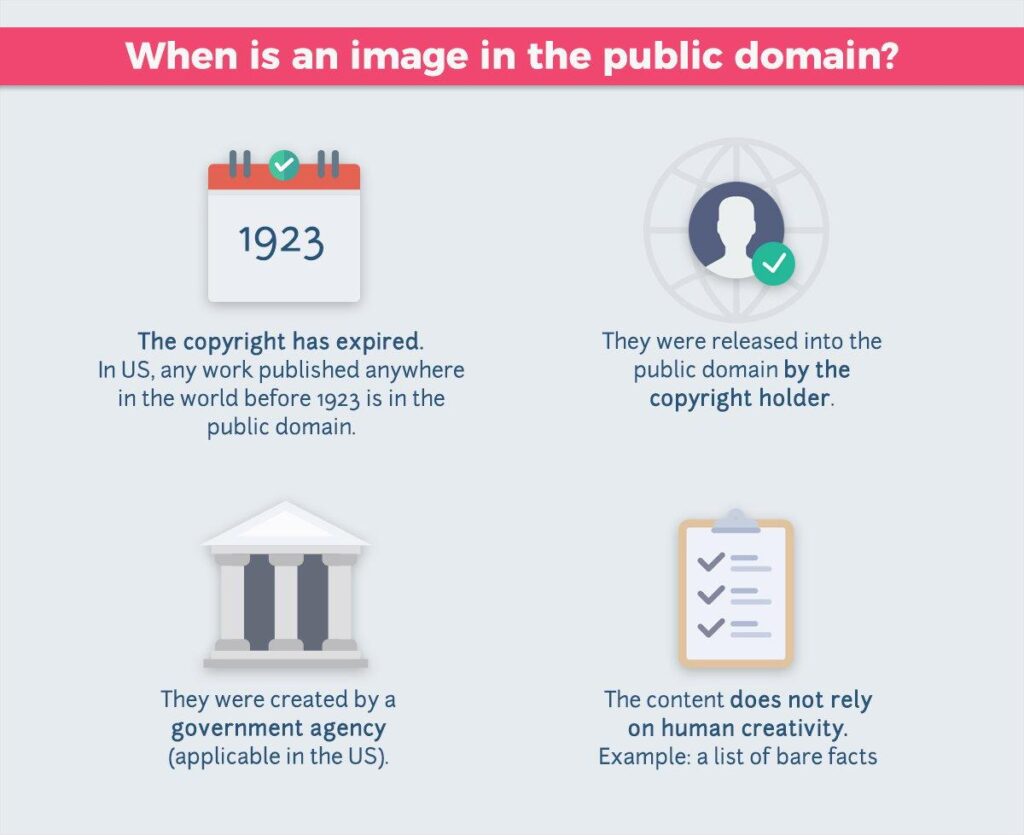Burkina Faso: The Epicenter of Terrorism in West Africa – An In-Depth Analysis
In recent years, Burkina Faso has become the epicenter of escalating terrorist violence across West Africa. According to the latest findings from the Africa Defense Forum, this landlocked nation now bears the heaviest burden of extremist attacks on the continent. Militant factions, including affiliates of al-Qaeda and ISIS, have taken advantage of Burkina Faso’s fragile political environment and widespread economic distress to deepen an already severe humanitarian emergency. As both regional actors and international partners ramp up efforts to counter these threats, the consequences for governance, security infrastructure, and everyday life in Burkina Faso are profound. This article explores the underlying causes fueling this surge in terrorism, evaluates governmental responses, and considers broader ramifications for peace throughout the Sahel.
Burkina Faso Confronts Intensifying Terrorist Challenges Amid Sahel Turmoil
Burkina Faso’s security landscape has deteriorated sharply over recent years as violent extremist groups increasingly target civilians alongside military personnel. The country grapples with a volatile mix of ethnic discord, mass displacement crises exceeding 2.5 million internally displaced persons as of 2023 (UNHCR), and weakened state institutions struggling to maintain control over vast rural areas. Extremist organizations linked to al-Qaeda in the Islamic Maghreb (AQIM) and Islamic State affiliates have orchestrated hundreds of deadly assaults annually—rising from just over 50 attacks in 2019 to more than 500 by 2023—resulting in thousands killed or wounded.
The Burkinabé armed forces have launched numerous counterterrorism operations; however, their effectiveness is hampered by limited resources and insurgents’ ability to exploit local grievances such as marginalization and poverty. Neighboring countries like Mali and Niger also face spillover effects that complicate border security management amid porous frontiers.
Regional cooperation remains critical for addressing these intertwined challenges through:
- Joint Military Initiatives: Coordinated cross-border operations targeting militant strongholds.
- Community-Based Resilience Programs: Empowering local populations against radicalization via education and social cohesion projects.
- Sustained International Humanitarian Support: Funding stabilization efforts aimed at restoring livelihoods disrupted by conflict.
Below is a summary table illustrating how terrorism has devastated Burkina Faso’s socio-economic fabric between 2019–2023:
| Year | Total Attacks | Civilian & Security Casualties | IDPs (Internal Displaced Persons) | |
|---|---|---|---|---|
| 2019 | 56 | 172 | 200,000+ | |
| 2020 | 160 | 1,500+ | 1 million+ | |
| 2021 | 300+ | >2,000 td | >1.5 million | |
|
2022 < / td > < td >400< / td > < td >2500+< / td > < td >2 million+< / td > < / tr > | ||||
|
2023 < / td > < td >500+ | >3000 | >2.5 million | ||
| Main Actor | Main Responsibility | Aimed Result /tr> /thead> |
|---|
Global Solidarity: Essential For Bolstering Burkina Faso’s Counterterror Efforts
The magnitude of challenges confronting Burkina Faso underscores that unilateral national efforts cannot suffice against entrenched militant threats.
International alliances offer indispensable support beyond military aid — encompassing governance reforms , institutional capacity building , economic revitalization — all crucial components tackling extremism’s root causes.
Strategic cooperation should focus on:
- < strong > Real-Time Intelligence Sharing : Secure communication channels enable rapid threat detection across borders . li >
- < strong > Specialized Training Programs : Equipping security personnel with skills tailored toward community policing enhances operational success rates . li >
- < strong > Targeted Development Assistance : Economic empowerment initiatives mitigate conditions conducive to radicalization by improving living standards . li > ul > p>
A united front involving neighboring states along with multilateral bodies will significantly strengthen Burkina Faso’s ability not only to respond but proactively prevent future terror outbreaks.
Conclusion: Pathways Toward Peace And Resilience In Burkina Faso
In summary , combating terrorism within Burkina Faso demands a nuanced approach integrating robust military measures with inclusive social policies supported by sustained international engagement.
Despite daunting obstacles posed by persistent violence , Burkinabé communities continue demonstrating remarkable resilience — embodying hope amid adversity.
For lasting peace across this volatile region ,
it is imperative that global stakeholders maintain vigilance while investing strategically into solutions addressing both immediate threats plus systemic vulnerabilities fueling extremism.As this complex struggle unfolds ,
the world watches closely,
anticipating progress toward stability grounded on cooperation ,
development ,
and reconciliation.

